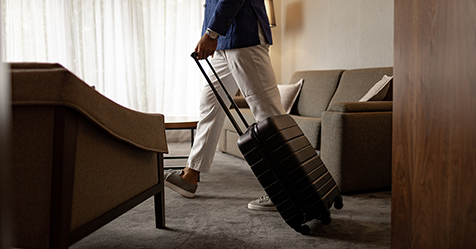Facilities Pondering the Fate of Plexiglass Shields
Studies inconclusive on effectiveness of plastic barriers against the spread of COVID-19
Many facilities that installed plexiglass shields as a barrier between building residents may be taking them down as the pandemic dies down due to skepticism on their effectiveness, Bloomberg reports.
When the pandemic first hit, facility managers in offices, schools, health care facilities, restaurants, and stores rushed to install the plastic shields to help protect people against droplets containing the SARS-CoV-2 virus, causing sales of plexiglass to triple to about US$750 million. Since then, no study has shown that the clear plastic barriers are effective in controlling the spread of the virus, according to a researcher with the Harvard T.H. Chan School of Public Health at Harvard University in Cambridge, Massachusetts.
Scientists originally believed the coronavirus was spread mainly through larger droplets, but more recent studies have shown airborne transmission is the main vehicle for the virus through tiny, floating droplets. In many cases, the plastic shielding created a false sense of security, according to indoor air quality experts at the American Society of Heating, Refrigerating and Air-Conditioning Engineers (ASHRAE).
Recent research from the U.S. Centers for Disease Control and Prevention (CDC) found that although desk or table barriers in Georgia elementary schools didn’t correlate with lower infection rates, mask mandates and ventilation improvements did. An April study published by the journal Science suggested that desk shields might even slightly raise the risk of COVID-19-like symptoms. And a prepublication paper from Japan late last month linked plastic shielding with infections in a poorly ventilated office.
Many health care facilities still support plastic shields and health officials say the barriers make sense in certain settings—such as in front of cashiers who face many people at close range—as long as the shields don’t block needed air flow. But they maintain that for schools and offices, the most effective infection control measures are improving ventilation and air filtration, along with encouraging masks.
For facilities considering removing the plexiglass shields but concerned about sustainability, the good news is that plexiglass is 100% recyclable, according to the International Association of Plastics Distribution.


